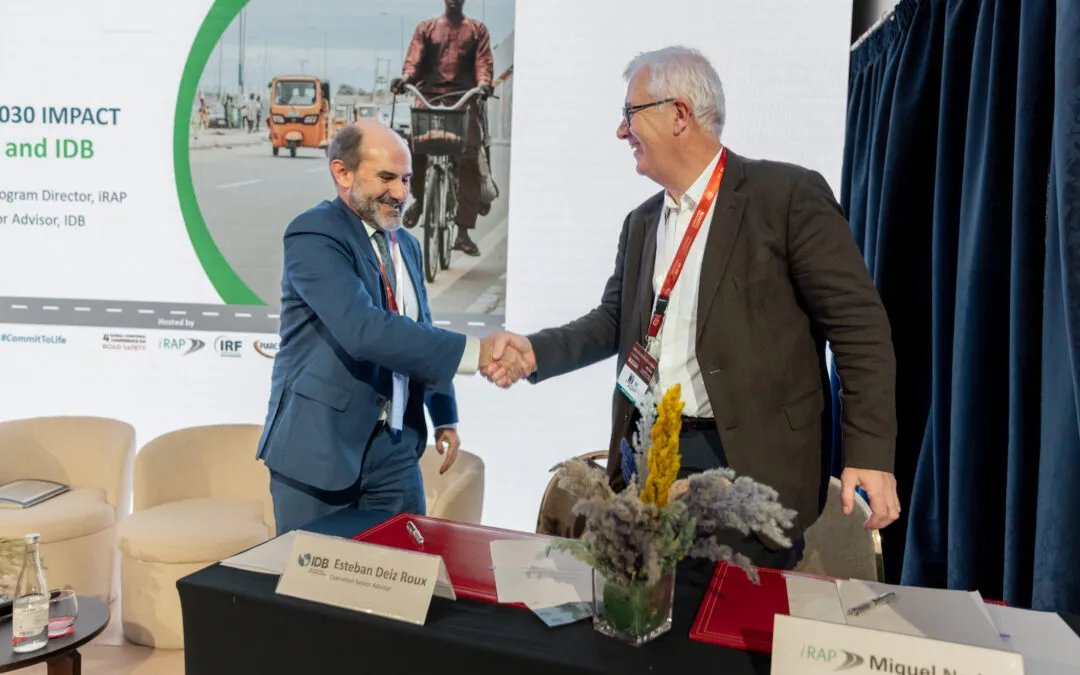A pan-European police campaign tackling speeding is intended to boost road safety. The operation has been organised by the European Traffic Police Network, TISPOL. The move has seen the use of a variety of technologies and methods to enforce speed limits. The aim of the campaign has been to bring home the message to drivers that speeding increases the risk of serious crashes. Research suggests that excessive speed is a factor in one third of vehicle crashes and is the single largest contributory factor to r
August 17, 2015
Read time: 1 min
A pan-European police campaign tackling speeding is intended to boost road safety. The operation has been organised by the European Traffic Police Network, 4753 TISPOL. The move has seen the use of a variety of technologies and methods to enforce speed limits. The aim of the campaign has been to bring home the message to drivers that speeding increases the risk of serious crashes. Research suggests that excessive speed is a factor in one third of vehicle crashes and is the single largest contributory factor to road deaths and injuries.
In August 2014 TISPOL carried out a crackdown on speeding, which resulted in over 580,000 detections in 28 countries across Europe.
In August 2014 TISPOL carried out a crackdown on speeding, which resulted in over 580,000 detections in 28 countries across Europe.








